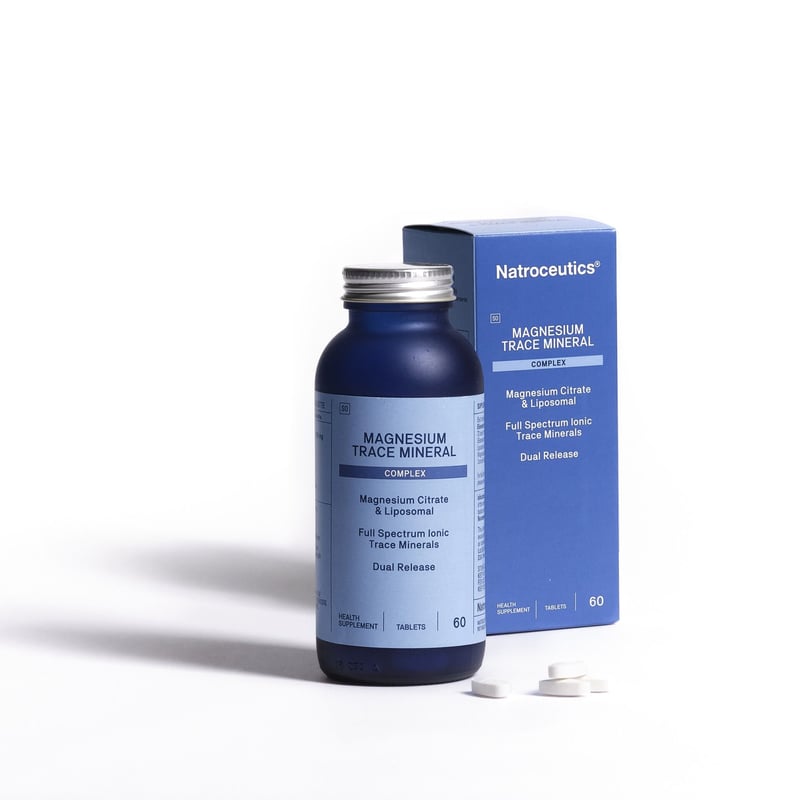Magnesium deficiency linked to high rates of anaemia amongst women, study
Written by: Hudah Levendall Save to Instapaper
A study has shown that magnesium deficiency may be linked to higher rates of anaemia occurrence among women and older people, an issue that affects up to 44 percent of South Africans.
The study involved researchers from Ganzhou People’s Hospital in Jiangxi, China, analysing data from the US National Health and Nutrition Examination Survey from 2011 to 2016, exploring the connection between magnesium intake and anaemia in 13 423 participants between the ages of 20 and 80 years old.
Results revealed a reverse relationship between magnesium intake and anaemia in women and older participants with no significant association in men. While anaemia was more likely to affect females, older people, those with a lower family income, a lower dietary intake of magnesium and those with obesity.
Study authors said, “Data on the relationship between dietary magnesium intake and anaemia in the general population are limited. This was the first study to investigate the relationship between dietary magnesium intake and anaemia using a nationally representative sample of US adults.”
Magnesium is an essential mineral the body needs to function and is present in every cell. It is used in hundreds of biochemical reactions to keep the body healthy yet more than 50% of South Africans do not get the recommended daily intake.
Magnesium deficiency can lead to health issues such as diabetes, hypertension, cardiovascular disease, depression and headaches and research shows that low magnesium may even make vitamin D ineffective in the body, affecting calcium and phosphate levels.
While anaemia, a disorder characterised by a reduction of haemoglobin in the blood, affects about 25 percent of the global population and 44 percent of SA women, causing tiredness, cognitive impairment, cardiovascular issues, reduced body function and increased hospitalisation rates in older adults.
Health and wellness expert Vanessa Ascencao said that inadequate magnesium intake has been a growing concern for years despite magnesium being essential for optimal health.
“Increase intake of nutrient-rich, anti-inflammatory whole foods as these will help protect the gut and optimised gut health can help ensure maximum benefits of digestion and nutrient absorption. Avoid alcohol, caffeine, refined sugar and processed food as these reduce magnesium,” said Ascencao.
“Try high-quality, bioavailable supplements like scientifically formulated Magnesium Trace Mineral Complex, which contains a full spectrum of magnesium, 72 ionic trace minerals and an advanced liposomal delivery system for greater absorption, or BetterYou Magnesium Oil transdermal spray, naturally sourced and proven to improve magnesium levels by almost 60% through skin absorption,” she added. /Ends/
Get new press articles by email
Sixth Sense Communications is a PR and social media marketing company based in Cape Town, South Africa
Latest from
- Fuel exam focus with vitamin B12, experts advise
- Heavy periods – the hidden health crisis affecting millions of SA women
- Cystic fibrosis NPC receives R400k donation to access medication
- South Africans experience stress levels that make it difficult to cope - survey
- Vitamin B12 deficiency - a hidden trigger of inflammation & antibiotic resistance
- Daily iron intake improves fatigue, stress and performance in athletes, study
- Vitamin D and K2 – a game changer for bone and heart health, research
- South Africa’s coldest winter – keep warm and boost immunity, experts
- Adopting a Mediterranean diet has the same benefit as 4 000 extra steps, study
- More sleep needed in winter - adjust sleep patterns seasonally, say experts
- Make health and fitness a lifestyle, expert
- ADHD medication alone has no impact on learning, study
- Detox diets ineffective for long-term weight loss, nourish the body instead, say experts
- Boost health, avoid burnout during holidays and possible sixth wave, experts
- Women, young people with type 2 diabetes at higher risk of early death, study
The Pulse Latest Articles
- Celebrating 125 Years Of Hansgrohe: Setting The Beat Of Water Since 1901 (February 25, 2026)
- Celebrate Pokémon Day At Toys R Us Menlyn On 28 Feb (February 25, 2026)
- The Great Generational Handover: Why South Africa’s Middle Managers Are The Hinge Of 2026 (February 23, 2026)
- Jennifer Hadley Photography Announces A Curated 2026 Katmai Bear Photography Season (February 18, 2026)
- Life Doesn’t Have To Be A Lot – The In-between Drink (February 17, 2026)
